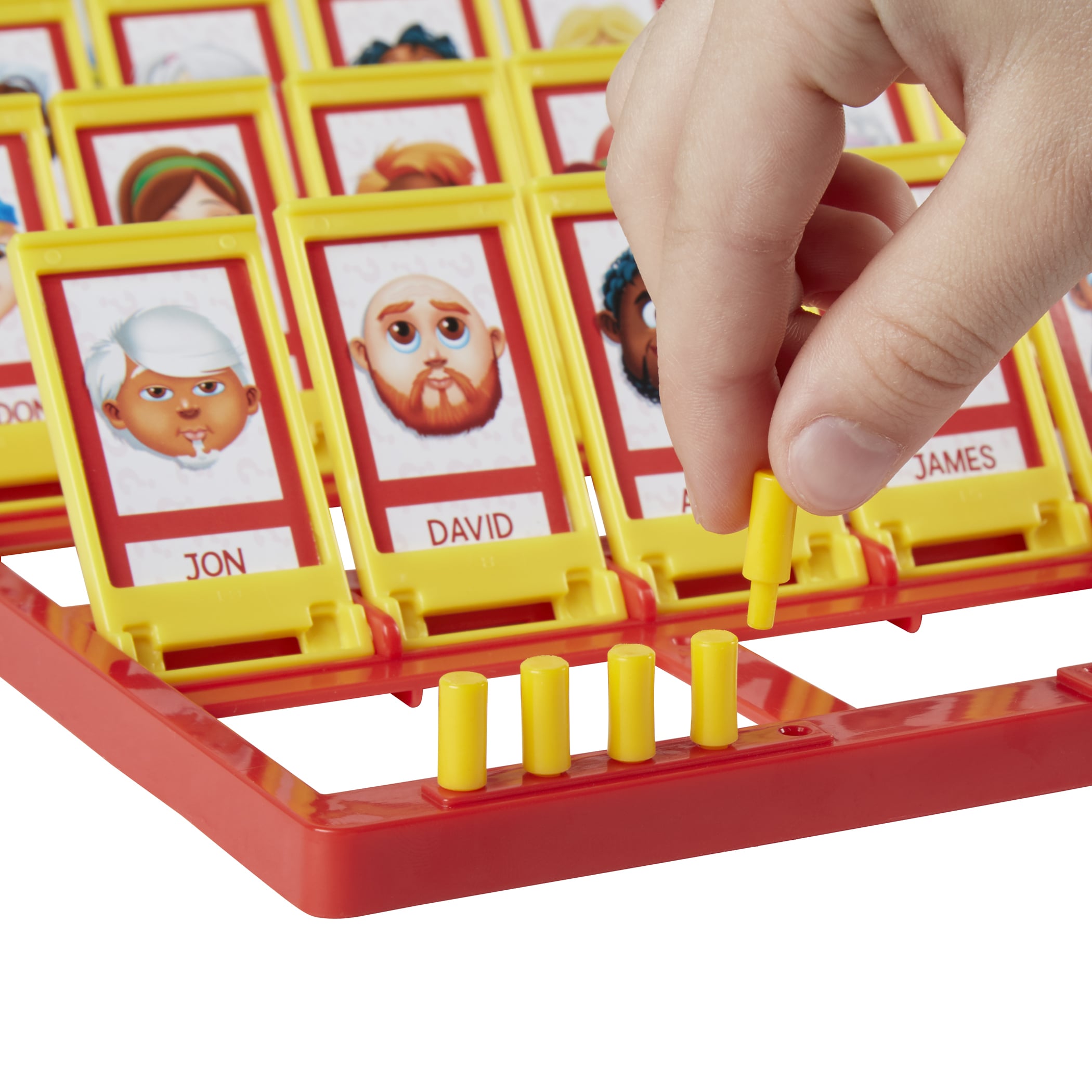All around the Mulberry Bush,
The monkey chased the weasel.
The monkey stopped to scratch his nose
Pop! goes the weasel.
The requisite announcements had been completed, the student skit designed to encourage students to keep on track in the new trimester had been performed. I was feeling certain community circle was about to wrap up and the students of Codman Academy were about to head to classes.
I was wrong.
The sophomore with the microphone announced it was time for Crew Olympics. The couple hundred assembled high school students took a collective moment before the crowd was peppered with the start of cheers. Our host had another announcement. The game – musical chairs. The competitors – the faculty.
At 9:45 in this school that has had 100% of its graduates accepted to 4-year colleges saw the faculty who helped make that happen walk down the aisles of the meeting hall to represent their crews. Crews are what Codman calls its advisories, and these teachers were out to represent.
The chairs were assembled, Reel to Real’s “I like to move it” blasted from the PA and the teachers started circling the chairs – slowly. Painfully slowly. No one wanted to be out. Some deep pre-schoolian instincts were revived. Plus, they were doing it for the kids.
The first few eliminations were mundane. Expectedly, the more timid of the teachers were the first to go. They had spirit, but realized the dangers of the sport.
Things got interesting when Round 4 signaled the beginning of double eliminations. By that point, those teachers who remained were in it to win. A few went for chairs and found themselves on the floor. As they exited the arena, they were applauded and cheered for. Those who remained high-fived and “good game”-ed as they left.
A few rounds later, there were three. Somewhere, on the other side of the hall, chanting started. To quote the great Neil Diamond, “like a small earthquake.” Before long, little else could be heard other than the blaring of a hundred voices calling for their champion.
In that round, he fell.
Literally, he ended up on the ground.
The two others who remained helped him up and shook his hand.
I looked around.
Somewhere in the course of the 10 minutes of the game, the crowd had taken to its feet. I realized I was leaning in. I’d even picked my favorite in my head.
The music picked up somewhere in the middle of Beyoncé’s “Single ladies.” The competitors – two grown, college-educated men – circled a plastic chair. The students screamed in glee. The music played longer than it had in any other turn. On one down beat, the contestants thought the music stopped and attempted to sit only to be cheered on by the crowd. We would see the game played out.
Greg, one of my classmates from school completing his practicum at Codman, was the first to sit. But, his opponent lunged to lie flat across the seat as Greg was sitting back. The judges swarmed in as the chair and the two men toppled backward.
Seconds later, Greg’s opponent was named the winner and first his crew, then the entire room exploded in applause.
As both men, appropriately dizzy, walked back to their seats, a retraction was made.
Greg had won.
The students were dismissed. Classes began.
The entire episode took 15 minutes of the day. This semester, we’ve studied what Richard Elmore refers to as the Instructional Core – students, teachers, and content. When writing about this concept, Ted Sizer also included how the content was delivered as a fourth aspect.
In this game of musical chairs, the school and its faculty had taught many lessons.
The students had seen their teachers more fully and developed more complex understandings of who they were as people. They saw what sportsmanship could look like. While the teachers good-naturedly ribbed one another during the game, each eliminated player was sent out with a handshake or high five. Those leaving the game did so with smiles on their faces. They’d done what they’d come to do – play.
Though the teachers were representing separate crews, those separations never kept them from enjoying and supporting the whole. If all they’d been thinking of were their crews, the game could never have started.
No one processed any of this with the students. It happened and the day moved on. As it should have. There are times to reflect and their are times for ritual. This game of musical chairs was silly, fun and energizing. And, it was ritual – an act of community to remind members who they are, of what they are a part, and how they play together.
Like this:
Like Loading...

